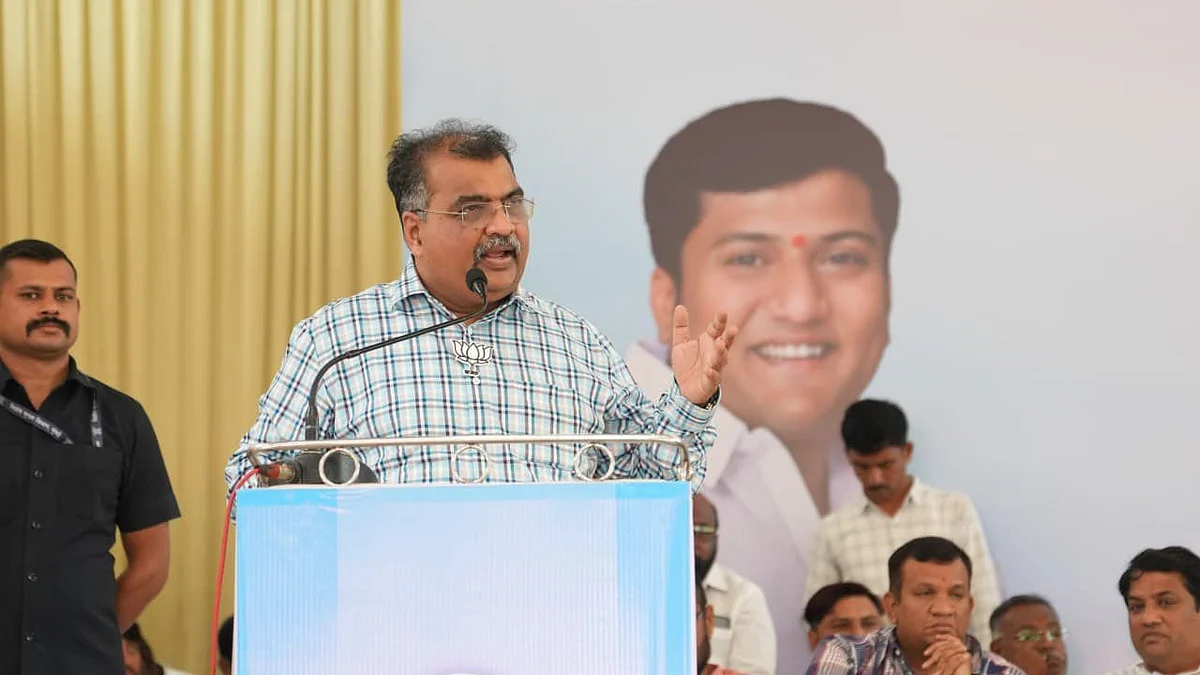Following the court verdict in the Malegaon blast case, the long-imposed Discipline and Vigilance (DV) ban on Lt Colonel Prasad Purohit is likely to be lifted soon. The ban, imposed nearly 16 years ago, has frozen his military career, denying him rightful promotion and professional progression. Official sources confirm that the file recommending its removal has now been forwarded to the Southern Command, triggering a long-delayed legal and administrative process to restore his service rights. This move marks a critical step toward reinstating his official record and enabling his consideration for promotion to Colonel, a rank that was withheld solely due to charges that have now been dismissed by the court.
Court Verdict Paves Way for DV Ban Removal
The DV ban, imposed post his arrest in 2008, legally suspends all considerations of promotion, posting, and honors. Under Army regulations, once a DV ban is imposed, the status of the service officer is frozen in all matters concerning career advancement, including promotions, postings, and honors. In Lt Col Purohit’s case, the DV ban imposed following his arrest in 2008 prevented his name from being considered by the Selection Board for promotion, despite eligibility. Sources confirm that the Army’s internal file to declassify and lift the ban is crawling through multiple layers of command, currently stuck between Southern Command and Army Headquarters.
The file recommending the removal of the DV ban has been routed to the Southern Command, where preliminary scrutiny is underway. From there, it will be forwarded to Army Headquarters in Delhi for final declassification and further legal vetting.
Promotion Prospects and Service Tenure Constraints
Only after this top-level clearance will the Special Board (SB) be permitted to open the classified results of his earlier promotion assessment and take up his case for elevation to Colonel. Officials familiar with the case confirmed that the declassification step is now in motion.
While promotion appears likely after legal clearance, officials noted that Purohit has slightly over a year of service left. Due to limited residual service tenure, he may not be given a conventional field posting at the Colonel level. Instead, a specially created post likely at the unit command level is being explored to accommodate his elevation.
Precedents Favor Restoring Officers Post-Acquittal
As per established military legal provisions and service regulations, Lt Col Prasad Purohit is entitled to pursue judicial remedy to seek restitution for the career loss, denial of promotion, and forfeited privileges caused by the prolonged imposition of the DV ban. Officials familiar with service law confirm that an officer who has been acquitted by a court of law can legally claim restoration of seniority, backdated promotion, pay arrears, withheld postings, and compensation for professional and reputational damage.Purohit also has the option to approach the Armed Forces Tribunal (AFT) or a High Court, both of which are empowered to examine administrative delays, wrongful denial of service rights, and institutional inaction.
Precedents support his case. In multiple judgments, including Lt Col R.K. Sharma vs Union of India and Col Ajay Sharma vs Union of India, the AFT and High Courts ruled in favor of reinstating officers post-acquittal, directing the Army to grant them promotions with retrospective effect and full service benefits. These rulings clearly establish that Purohit’s case is not only legally valid but also institutionally overdue.
Army’s Stand on DV Ban Post-Acquittal
Interestingly, senior defence officials from defence establishment also clarified that even if the case were to be challenged in a higher court, the DV ban would not automatically be reimposed unless a conviction is recorded. The Army's legal position is that the DV ban cannot be sustained post-acquittal, and thus, Purohit's career progression should no longer be obstructed.

Reinstatement vs. Exoneration
Purohit, who spent nearly nine years in custody, was granted bail by the Supreme Court in 2017. His reinstatement in the Army soon after was not an exoneration but a procedural step under established military service rules. Under the Army Act, 1950, and the Army Rules, 1954.and service regulations, an officer can only be dismissed from service following a court-martial or a final conviction by a civil court; mere arrest or the grant of bail does not automatically terminate an officer’s commission.
However, his return came with strict limitations. The DV ban froze his promotions, postings, and pay increments, restricting him from operational or sensitive duties. After a short posting in the Military Intelligence branch, he was transferred to a staff role as an additional officer,a position that allowed him to maintain his commission but offered no scope for career progression. The reinstatement allowed him to resume nominal service, draw his salary, and maintain his officer status only.






